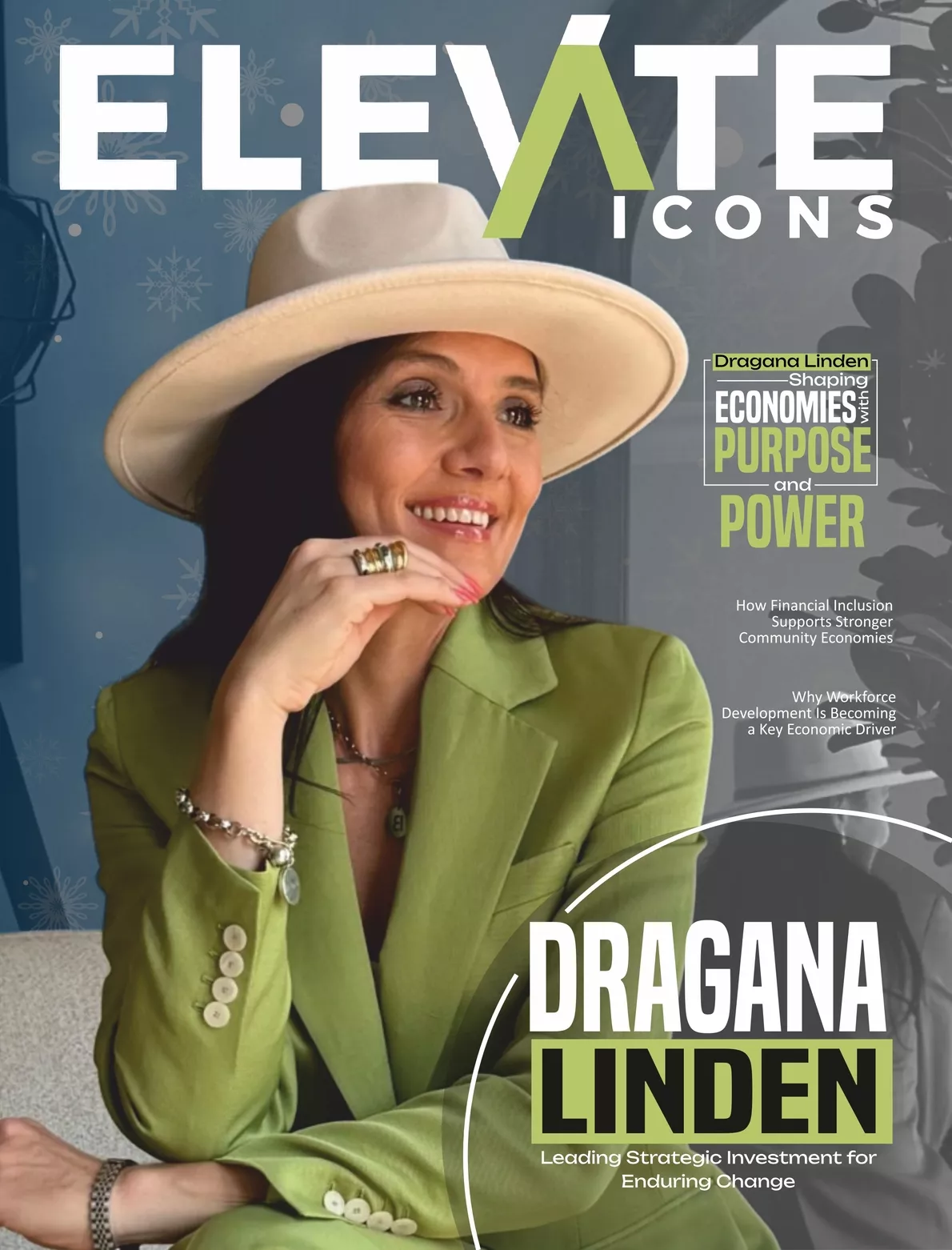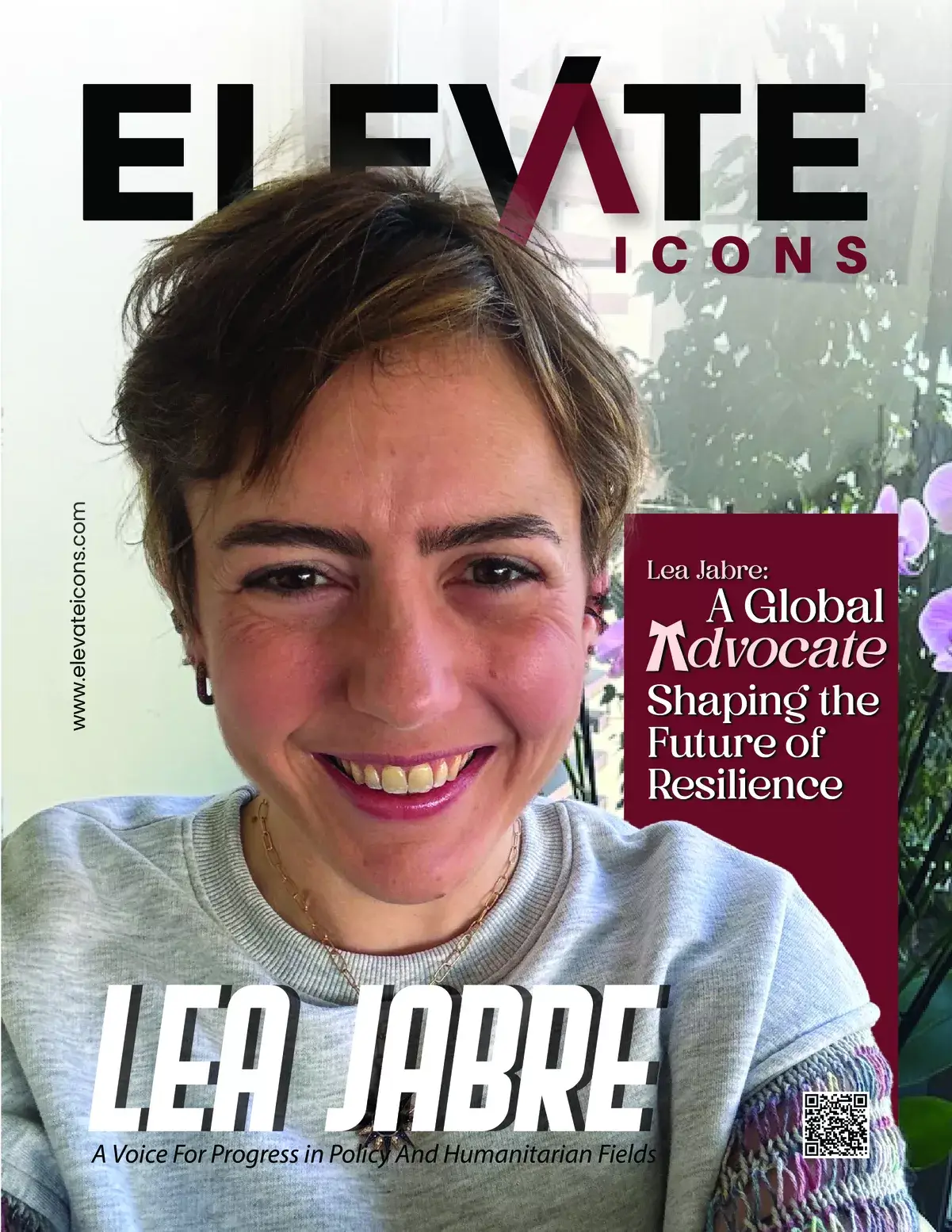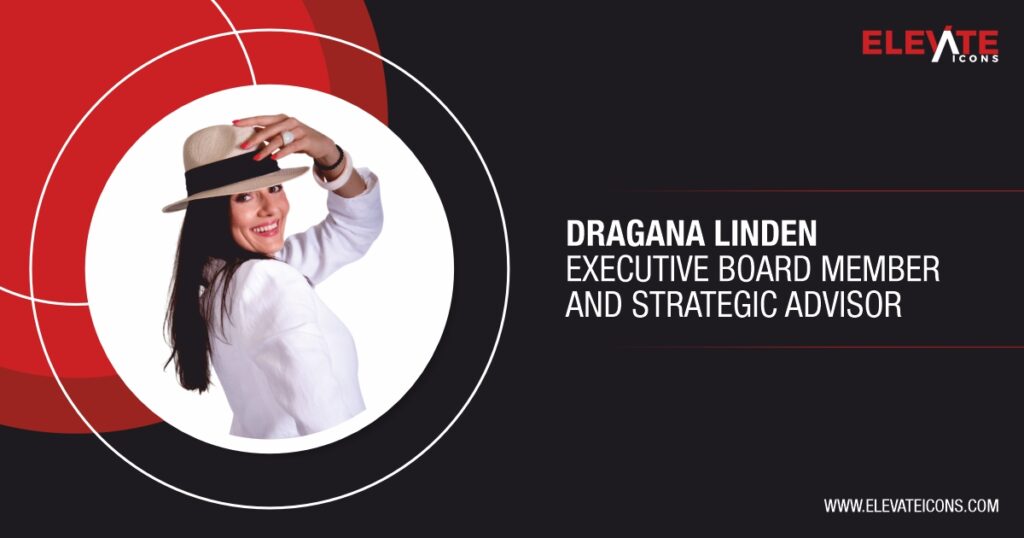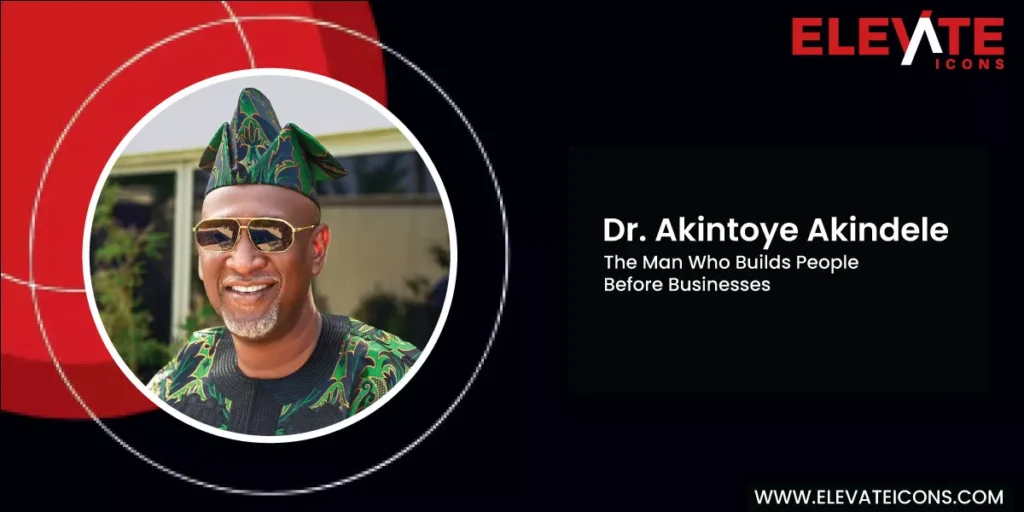When the news broke that Israel struck Iran’s nuclear and military sites, followed by Iranian missile retaliations, the world took notice. The sudden shift from simmering tensions to open exchange sparked urgent concern on international stages—from capitals in Europe to corridors in the UN. Let’s walk through how organizations, world powers, and alliances responded to this dangerous escalation.
United Nations: Appeals for Restraint and Diplomacy
The first global voice to ring out was the UN involvement, with Secretary‑General António Guterres expressing deep alarm. He urged both sides to show “the utmost restraint,” warning that further military steps risk pushing the entire Middle East into chaos. The UN’s nuclear watchdog, the International Atomic Energy Agency (IAEA), also condemned striking any nuclear facility, emphasizing that even minimal damage could have catastrophic ripple effects .
Despite these appeals, the UN Security Council has yet to agree on a strong resolution. Some permanent members, like Russia and China, have urged immediate diplomacy, while others remain divided. The gridlock reflects the difficulties of achieving collective action when influential nations themselves are split.
The United States: Voicing Caution—but Drawing Lines
In the U.S., accountability came swiftly. President Trump publicly stated that the U.S. was not involved in the strikes, but also made clear that any attack on American interests would be met with decisive retaliation . Within Washington, opinions diverged. Senators such as Lindsey Graham and others in the GOP called for stronger American military support, while voices in the administration panicked about the dangers of being drawn deeper into a Middle East conflict.
Even more tempered voices urged deterrence over direct engagement. Officials emphasized missile defense readiness rather than offensive involvement. American bases in the region were placed on high alert, but U.S. leaders held the line against full-scale commitment .
NATO: Watchful and Preparing
NATO, though not directly invoked yet, expressed concern via its European members. The North Atlantic alliance aims to support regional containment efforts and keep critical sea lanes open. While no NATO troops are being dispatched, European defence cooperation is being ramped up, particularly around surveillance and coordination . Discussions are underway about strengthening missile defense around key shipping routes in the Eastern Mediterranean and Persian Gulf.
European Union: Split Between Support and Sanction
The European Union’s reaction has been mixed. EU foreign ministers convened urgently to discuss the possible repercussions on oil markets and regional stability. Germany’s Chancellor urged restraint, while French President Macron praised Israel’s right to defend itself but emphasized peaceful resolution. Meanwhile, countries like Spain and Italy voiced strong opposition to Israel’s unilateral tactics, warning of the dangers posed to international norms.
Regional Powers: From Alarm to Diplomatic Moves
Middle Eastern nations responded with urgency:
- Jordan closed its airspace out of safety concerns.
- Oman—mediator extraordinaire—condemned the strikes as reckless and urged urgent diplomacy.
- Saudi Arabia, Turkey, and Iraq echoed the call for restraint and a cease to military action, with Iraq even filing a formal complaint to the UN over airspace violations .
Russia and China also weighed in. Both nations condemned the escalation and reiterated their preference for negotiated settlements. Moscow even offered to mediate, though experts remained doubtful given their alignment with Tehran.
Global Economic Ripple: Oil and Markets
Beyond statements, the conflict hit global markets fast. Oil prices surged over 10%, although remained below crisis thresholds . Central banks and finance ministers around the world are monitoring this closely, fearing inflation spikes should the conflict continue. Stock markets, already jittery from prior geopolitical shocks, dipped further as investors weighed potential spill-over into other theaters of conflict.
What Comes Next: Diplomacy or Deeper Conflict?
Experts point to several possible paths forward:
- Sustained military exchanges, especially if Iran uses proxies like Hezbollah or the Houthis.
- Broader involvement by the U.S. or NATO, especially if Western assets come under direct threat.
- A diplomatic cooling, led by the UN, EU, and neutral states like Oman, focusing on restoring negotiations—particularly over Tehran’s nuclear programme .
For now, the dominant global response is caution. UN leaders are rallying support for immediate de-escalation. The U.S. is drawing defensive lines, and NATO is preparing silently. Europe remains divided but united on one point: a return to the negotiating table is essential.
Why It Matters
This is more than a bilateral flare-up. It’s about preventing a Middle Eastern explosion that could impact global trade, stability, and international law. As diplomats rush to prevent open conflict, the world closely watches whether traditional mediators will find success.








